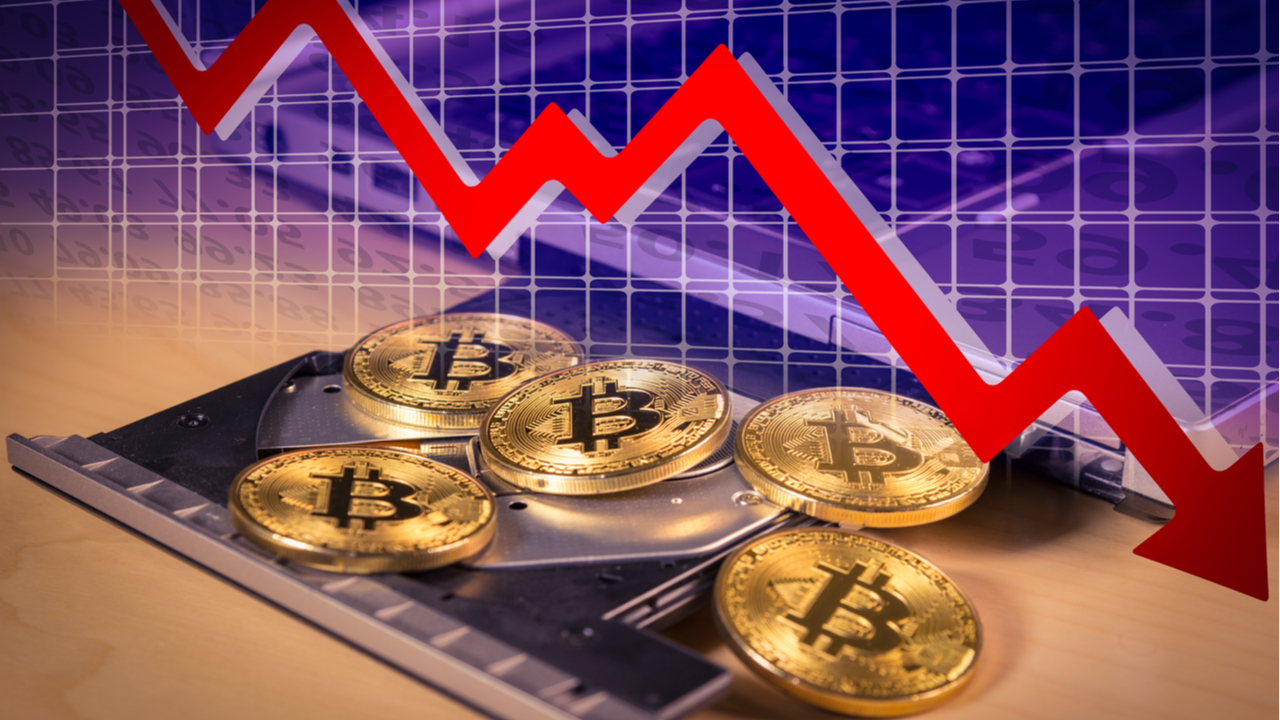
Democratic Senator Elizabeth Warren is preparing a bill to crack down on the use of crypto as a way to evade economic sanctions.
Warren’s latest anti-crypto move comes with a push from the US government to stamp out the possibility of using crypto to eliminate many of the economic sanctions imposed on the country by the US government.
According to March. As NBC News reports, one of the provisions of Warren’s new crypto bill – which is still in draft form – is to require local crypto exchanges to submit “detailed records” of customer identities to the Treasury Department and transfer them to private crypto wallets. would be required.
It aims to “force companies to choose between doing business in the US or with approved people and entities by threatening secondary sanctions on foreign crypto exchanges.”
The Treasury Department’s Financial Crimes Enforcement Network (FinCEN) is also working toward drafting similar requirements based on Warren’s bill, according to NBC.
Ukraine’s Deputy Minister of Digital Transformation Alex Bornyakov has been calling on crypto exchanges for the past week or two to ban Russian users, although top crypto exchanges such as Binance, Coinbase and Kraken have said they will not impose a blanket ban. but are emphasizing their commitment to comply with US sanctions.
Senator Warren has been highly skeptical of the sector for some time now, and in 2021 alone he labeled DeFi as the “most dangerous” part of crypto, introduced a bill to study the role of crypto in ransomware and The Ethereum network was pulled up for its high fees. It therefore comes as little surprise to industry observers during the committee’s hearing that it has seized the opportunity to push for tougher regulations.
Warren, who was among a group of senators to write to Treasury Secretary Janet Yellen about the issue last week, noted on Twitter today that his bill would “ensure that crypto is used by Putin and his comrades in our economic system.” Sanctions are not used to dilute it.”
i will speak soon @mitchellreports Feather @msnbc Regarding my new bill to make sure crypto is not used by Putin and his comrades to weaken our economic sanctions. Hope you tune in! https://t.co/H8iTnA5Ulw
— elizabeth warren (@senwarren) 8 March 2022
While the idea of Russia using crypto to evade sanctions is making headlines, experts such as Jake Chervinsky, policy chief of the Crypto Policy Promoter Blockchain Association, have argued that the nation “cannot use crypto to evade sanctions”. And neither will.
Chervinsky cited the scale of the Russian state’s monetary needs exceeding the capabilities of crypto markets, preventing US businesses and citizens from transacting with Russia, even if payments were used to support demand. Russian crypto infrastructure was lacking. However, his arguments for avoiding sanctions did not address the question of individual Russians using crypto.
Warren’s regulatory push comes just a week after Federal Reserve Chairman Jerome Powell and a group in the House of Representatives called for congressional action on crypto regarding Russia.
Powell added that the situation with Russia emphasizes the need to introduce stronger regulatory frameworks in the region “to enable these un-backed cryptocurrencies to serve as vehicles for terrorist financing and general criminal behavior, tax avoidance and the like.” to prevent.”
Connected: Bitcoin falls, gold at record high after US imposes sanctions on Russian oil
Earlier this week FinCEN sent an alert “all financial institutions to be on alert” against Russia’s efforts to evade US sanctions, as it raised red flags to be able to identify any stolen activity. A series was outlined.
The types of instruments listed include the use of corporate vehicles to obscure asset ownership and sources of funding, shell companies to conduct international wire transfers, the use of third parties to shield identities and funds from an acceptance institution to newly established accounts. to send or receive. FinCEN Alert said:
“It is important that all financial institutions, such as CVC exchangers and administrators, have visibility into CVC flows.” […] Identify and promptly report suspicious activity associated with theft of potential sanctions, and perform appropriate risk-based customer due diligence or, where necessary, increase due diligence.”

















